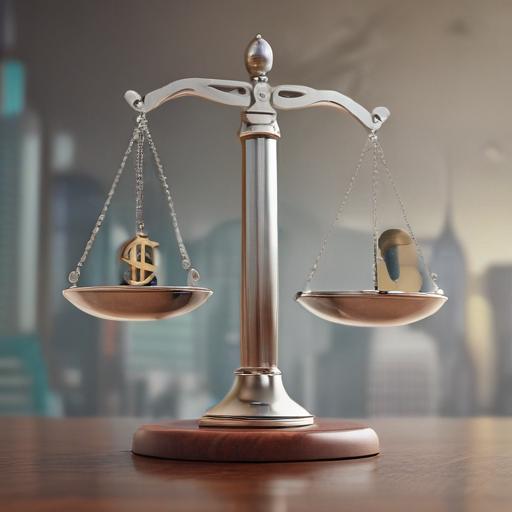The Federal Reserve has refrained from lowering interest rates this year, primarily due to the significant policy changes initiated by President Donald Trump, according to Chair Jerome Powell. During a central banking forum in Sintra, Portugal, Powell affirmed that if it were not for these changes, a rate cut might have already occurred.
Central bankers are cautious, recognizing that Trump’s tariffs could impact the U.S. economy. They have stated a preference for waiting to see the effects of these tariffs before making any decisions regarding rate cuts. Despite this, Trump has been vocal about his dissatisfaction, referring to Powell in derogatory terms and claiming that the Fed’s current rate policy is detrimental to the U.S. economy. Recently, Trump shared a handwritten note criticizing Powell for maintaining higher interest rates compared to other nations.
Calls for rate cuts have emerged not only from Trump but also from some within the Fed. Fed Vice Chair for Supervision Michelle Bowman and Governor Christopher Waller have suggested that a rate cut could be considered as early as July. However, they emphasized that such decisions will depend on the impact of tariffs on inflation.
While some investors predict a slim chance of a rate cut during the upcoming meeting at the end of July, Powell noted that a majority of Fed officials anticipate rates may need to be lowered later in the year, contingent upon inflation and labor market conditions. The Fed remains committed to a data-driven approach in its policymaking, something that European Central Bank President Christine Lagarde praised during the forum.
In a response to criticisms and pressures, Powell affirmed his focus on conducting the Fed’s duties independently and non-politically to maintain financial stability for the American public. This approach highlights the Fed’s commitment to impartiality, a necessity for effective economic governance.
The current economic climate is complex, with potential for rate cuts later this year, depending on inflation trends. As the situation develops, both the Fed and the economy could adapt, leading to more favorable conditions in the future.
